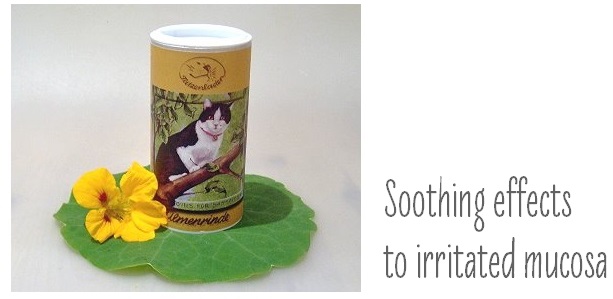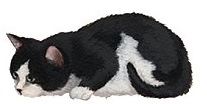

Slippery Elm Bark (Ulmus fulva/Ulmus rubra) has a long history of use in North America and has proven to be an effective herbal remedy. Slippery Elm is a member of the Elm (Ulmus) family and it is the inner bark of the Elm tree that is used for herb products.
When combined with water, it creates a mucilage with a “slippery” consistence which is both cooling and soothing to the digestive system or any mucous membrane. Slippery Elm’s soothing effects to irritated mucosa and membranes is due to its content of mucilage. The soothing mucilage effect of slippery elm makes it valuable for treating digestive problems. Slippery Elm is said to coat the stomach and intestines, and therefore may relieve pain from ulcers and other gastrointestinal disorders.
Nutritive and easy to digest, slippery elm can be used safely and confidently for the youngest and the oldest of animals. Normally it is tolerated by the stomach even when other foods can not be digested. Slippery Elm bark is also very effective in soothing sore throats, coughs and respiratory problems such as bronchitis.
Feeding recommendation
The dosing of slippery elm to be given depends on the condition of the cat taking it.
For cats measure 1/3 tsp. Slippery Elm Bark Powder and thoroughly mix with approx.5-10 ml of water. Depending on the condition 1-6 times a day.
Please note:
Slippery Elm can interfere with the absorbtion of certain nutrients as well as pharmaceuticals, so is best given seperately from any therapy.
![]()
Syrup recipe
Mix 1 to 1,5 Tsp. of Slippery Elm Bark Powder into one cup of cold water. Let it sit until it is damp, then bring to boil for about 2-3 minutes stirring constantly until it thickens. Allow the syrup to cool. The syrup will keep up 3-5 days in the fridge. Give 0.25 to 0.5 teaspoon up to 4 times a day.
Please make sure to use a stainless steel or heat-proof glass pan, not an aluminium one.


 Deutsch
Deutsch
